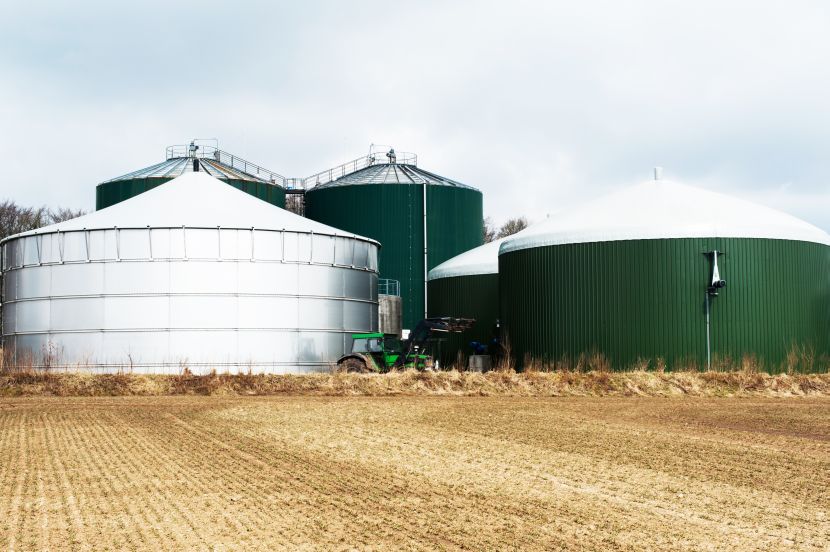
Turning waste into energy: burden to resource
This package will show how waste and wastewater can be used as energy resources. Extracting energy from waste/wastewater not only brings clear advantages in terms of replacing fossil fuels, but also avoids the release of greenhouse gas (GHG) emissions into the atmosphere, helps ensure that waste and wastewater are collected and properly treated, reduces waste volume significantly, and contributes to the rational use and preservation of natural resources.This package focuses mainly on municipal solid waste (MSW), but municipal wastewater (MWW) and wood based biomass cogeneration (CHP), will be also addressed. MSW can be defined as household waste as well as other types of waste which, due to their nature and composition, are similar to household waste, the management of which generally falls under the authority of local governments.


